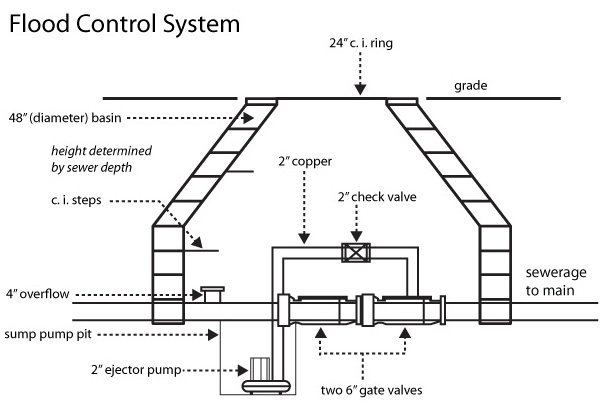So here's my current Chicago-land understanding as it pertains to peak-resources and climate change.
Positives: It's at 600+ feet of elevation and has no concern wrt seawater, earthquakes, volcanoes, or wildfires (the great Chicago fire notwithstanding). Chicago also has sea access to the Atlantic (via the great lakes) and plenty of fresh water (a giant lake + river systems). The second city is also a trading point between the breakbasket/midwest and the industrial "foundry"-states to the east. It has a nice network of both rail and channels. Chicago is natural "middle-man" which also means that Chicago attitudes are "comfortably nice a*-holes" aka natural traders. We're surrounded by nukes as well. This means cheap electricity. Solar potential is "not bad" either.
Negatives: Central planners didn't really account for all this population growth. It's the epicenter of the "zombie apocalypse".---Also murder central, but that's mostly block by block. The city/area was built on a former swamp (hence the flatness and tendency to flood). The sanitary channel actually relies on technology (very big pumps) to reverse the flow of effluence to go towards the Mississippi river instead of its natural flow towards the lake---which incidentally is also where the city gets its filtered water from. If those pumps ever stop ... that's going to cause a stink since Lake Michigan will pretty much turn into a giant toilet. Yes, Chicago is in the continuous business of reversing the natural flow of an entire river

Neutrals: Because of all the crime, Chicago has a net emigration. Also, many problems can be solved by money and connections.
AFAIK, storm water + sewage is occasionally sent directly into the gnarly lake. But my env. sci. Dr. DW likes to tell me that "dilution is the solution to pollution"

As far as our basement went before we installed flood control it would happen 1-3 times per year. But that all dependent on the depth of our basement relative to neighbours. I think we were the low one. Since then/$5500 later, no problem.
Historically: I think basements are/were standard because it solves the problem of freezing water pipes in the winter unlike crawl spaces. When we went house-shopping, there was only 1 in 10 houses w crawlspace rather than full basement. With a basement, water pipes come in some 8 feet below ground level which fixes that problem with 1950s technology (much less heating) and population density. I think back when a lot of the housing stock was built, flooding wasn't as much of an issue due to lower population densities (more green grass, less pavement, so less runoff). Our house has a drain and a grease trap. Back then (1950) housewives likes to dump excess grease directly into the kitchen sink drain which would clog the 4" sewer mains back then. To prevent that, a grease trap was installed and once in a while the grease trap would be cleaned out of bacon stuff. With today's cooking habits, grease traps are pretty much irrelevant. However the legacy existence of a grease trap pretty much renders standpipes ineffective, a lesson we learned a few months after installing one. (It would have been nice if our plumber had told us that.) So we paid for flood control. Problem fixed.

